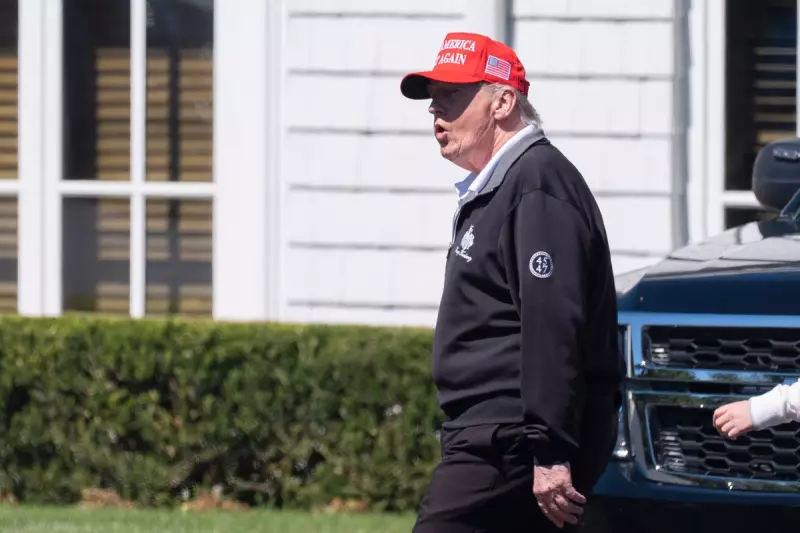
Former US President Donald Trump has been compelled to publicly address mounting speculation about his physical wellbeing, taking to his proprietary social media platform to dismiss the rumours as entirely fabricated.
In a characteristically blunt post on Truth Social, the Republican figurehead labelled the circulating whispers regarding his health as "fake news," attributing them to political adversaries seeking to undermine his 2024 presidential campaign.
The Social Media Response
The unverified claims, which had begun gaining traction across various online platforms, prompted an immediate and forceful rebuttal from Mr Trump. His statement aimed to quell any concerns among his supporter base and the wider electorate regarding his fitness for office.
This incident highlights the increasingly potent role of social media in modern political discourse, where rumours can spread rapidly without verification, forcing public figures to respond directly to their constituents.
Political Context and Implications
Health speculation has long been a feature of presidential politics, with candidates' medical records becoming points of intense public scrutiny. Mr Trump's decision to address these rumours head-on reflects the heightened sensitivity surrounding his potential bid to return to the White House.
Political analysts suggest that such personal allegations, whether founded or not, could potentially impact voter perception in what is expected to be another closely contested election cycle.
The episode serves as another chapter in the ongoing narrative of Mr Trump's relationship with mainstream media, which he frequently accuses of bias and misinformation.





